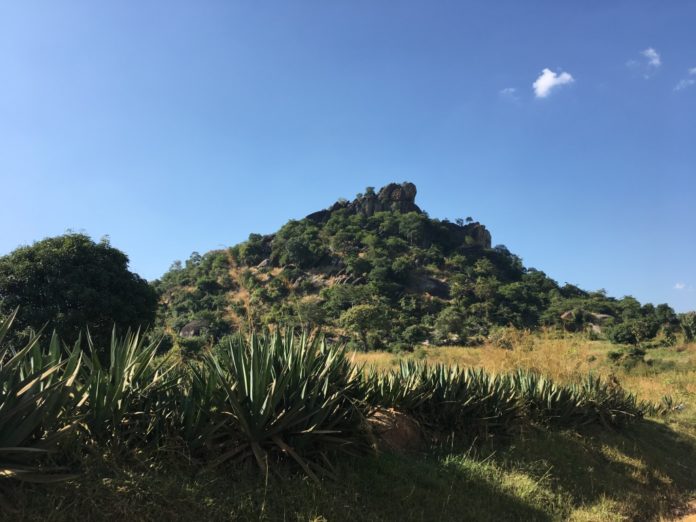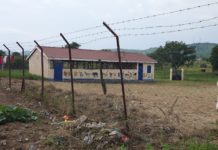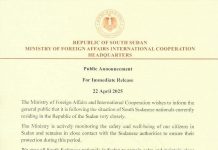
Author: Voice of Freedom and Speak FM
The number of South Sudanese refugees entering Uganda has drastically gone down, in the recent months. Authorities say the number plummeted from thousands every week to few hundreds, on average.
Titus Jogo expects the number of new arrivals will continue to shrink. Titus says such low numbers only came into play in the past two months. He is responsible for registering refugees from South Sudan, under the Office of the Prime Minister. He is based in Adjumani district, which is along South Sudan-Uganda border area.
Last week his office registered one of the least numbers of refugees, ever recorded since the last wave of violent conflict that broke out in South Sudan.
“We received 175 refugees from Ngom Oromo in Lamwo district, and were transferred to Palabek Ogili resettlement camp,” he said. “Also we received 25 others in Elegu who were later transferred to Palorinya resettlement camp.”
Figures from the two different reception centres, surprise the officer. However, he says that most of refugees come from Equatoria state, a Southern region of South Sudan.
Even though Titus attributes this new trend to calming situation in south Sudan, a result of the peace talks in Adis-Ababa in Ethiopia, other people say otherwise.
Middle-aged Angeyo claims no person, with prior information about ‘the suffering’ in Uganda, would go to a refugee camp. She thinks most of the South Sudanese who were anticipating crossing into Uganda are aware about the appalling living conditions they would be going to. This, she believes, deters them.
4000 households in her County have already returned, coming from various refuge camps. Angeyo recently returned to her home in South Sudan’s Magwi, too. Despite the fact that she returned to nothing, she says she does not regret to be home, amid a precarious situation.
“I decided to come back on my own because it’s not easy there (in refugee camp). We are six in my family. But the food we received could not take us through a whole month,” She said.
She was in Palorinya refugee settlement center, which is located in Uganda’s Moyo district of West Nile region. The camps are directly under the care Titus’ office.
Slightly over two months ago, some officers in the Office of the Prime Minister were put under investigation for inflating figures of refugees entering the country, supposedly for selfish gains. This was followed by the use of biometric system – a computerised registration based on recording data of refugees biologically.




